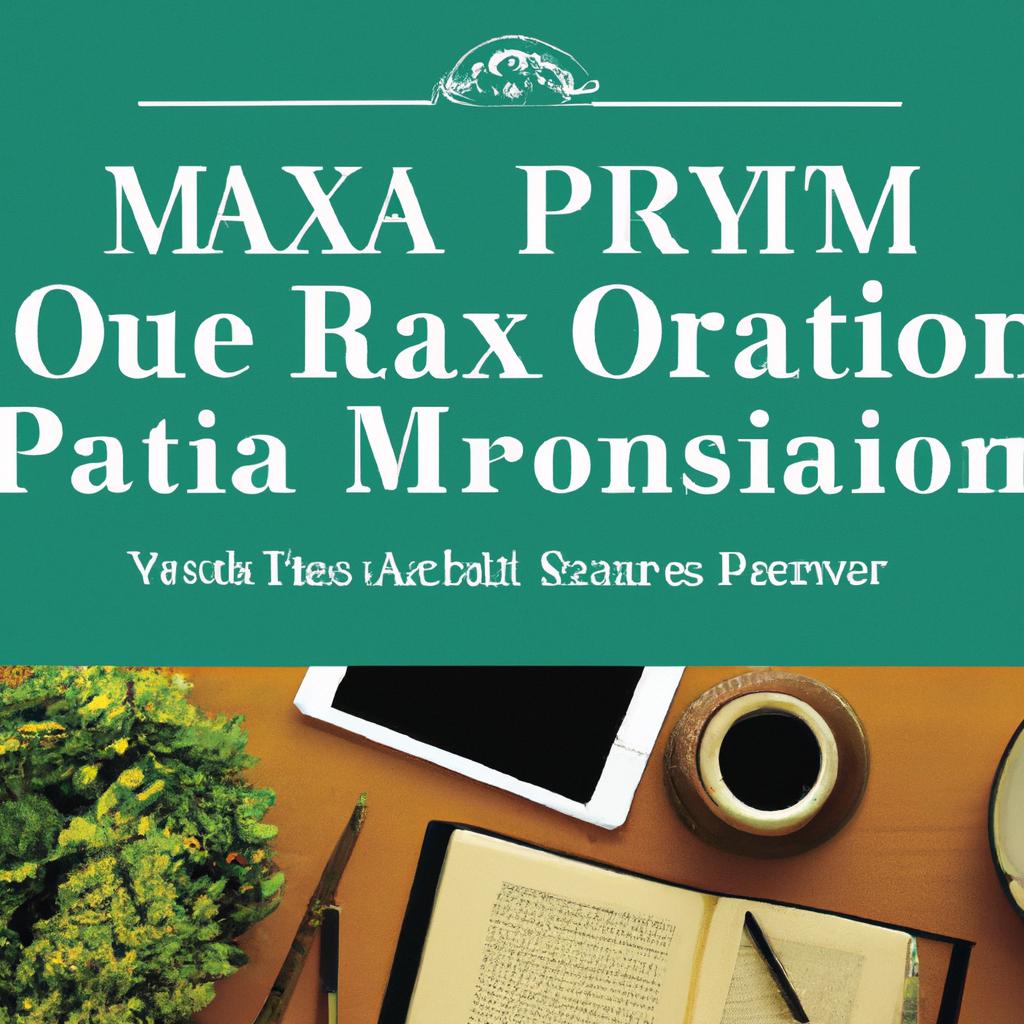In the complex realm of estate planning, one often disregarded aspect is that of Power of Attorney (POA). This legal document, usually given less importance, plays a crucial role in ensuring a smooth transfer of decision-making power in times of incapacity. Let us explore the intricacies of POA estate planning and shed light on its significance in navigating the uncertainties of the future.
Key Aspects of POA Estate Planning
When it comes to estate planning, having a Power of Attorney (POA) is a critical component to ensure that your wishes are carried out effectively. A POA gives a designated individual the legal authority to make decisions on your behalf in the event that you are unable to do so yourself. This is essential for ensuring that your affairs are handled according to your wishes.
Types of Power of Attorney:
- Durable Power of Attorney: remains in effect even if you become incapacitated
- Limited Power of Attorney: only grants specific powers for a limited time
- Healthcare Power of Attorney: gives authority over healthcare decisions
Considerations for POA Estate Planning:
- Choose a trustworthy individual to act as your agent
- Clearly outline the powers granted in the POA document
- Review and update your POA regularly to reflect any changes in your wishes
Benefit of POA Estate Planning:
- Ensures that your affairs are handled according to your wishes
- Helps avoid costly and time-consuming legal battles
- Provides peace of mind for you and your loved ones
Key Considerations for Choosing a Power of Attorney
Understand the Role: It is crucial to fully comprehend the responsibilities and powers that come with appointing a power of attorney. This individual will have the authority to make decisions on your behalf, so choose someone you trust implicitly.
Choose Wisely: When selecting a power of attorney, consider factors such as their reliability, communication skills, and willingness to act in your best interests. Remember, this individual should be capable of handling important financial and legal matters.
Consider Backup Options: It’s wise to designate an alternate power of attorney in case your primary choice is unable to fulfill their duties. Having a backup ensures that your affairs will continue to be managed effectively in any situation.
Seek Professional Guidance: Consulting with a legal expert or estate planner can provide valuable insight into the power of attorney selection process. They can offer advice tailored to your specific needs and help you make informed decisions regarding your estate planning.
Pros Cons
Ensures your affairs are managed according to your wishes. Choosing the wrong person may lead to mismanagement of assets.
Provides peace of mind knowing your interests are protected. Potential for conflicts or disagreements among family members.
Allows for flexibility in decision-making. Can be a difficult decision to make.
Navigating the Legal Aspects of POA Estate Planning
When it comes to estate planning with a Power of Attorney (POA), there are several legal aspects that must be carefully navigated to ensure that your wishes are carried out as intended. One important consideration is choosing the right person to act as your POA. This individual should be someone you trust implicitly and who is capable of making important decisions on your behalf.
It is also essential to understand the scope of authority granted to your POA. Different types of POAs grant varying levels of decision-making power, so it is crucial to clearly outline what your POA is authorized to do on your behalf. This can include managing your finances, making healthcare decisions, or handling legal matters.
Another key legal aspect of POA estate planning is ensuring that your documents are properly drafted and executed. Working with a qualified estate planning attorney can help you create legally binding documents that adhere to state laws and regulations. This can help prevent any challenges or disputes down the line.
Smart Strategies for Protecting Your Assets and Wishes
When it comes to safeguarding your assets and ensuring your wishes are carried out, having a solid estate plan in place is essential. One key tool in estate planning is a Power of Attorney (POA), which allows you to appoint someone to make important financial and legal decisions on your behalf if you become incapacitated.
Creating a comprehensive estate plan that includes a POA can provide peace of mind knowing that your affairs will be managed effectively in your absence. Here are some smart strategies to consider when setting up your estate plan:
- Choose a reliable POA agent: Selecting a trusted individual to act as your power of attorney is crucial. This person should be someone who is responsible, competent, and willing to carry out your wishes.
- Keep your estate plan up to date: Life circumstances and laws can change, so it’s important to review and update your estate plan regularly to ensure it remains relevant and accurate.
Important tip: Consider creating a living trust in addition to a POA to further protect your assets and streamline the distribution process.
To Conclude
In conclusion, implementing a “poa estate planning” strategy can help provide peace of mind and ensure your wishes are carried out in the event of incapacity. By appointing a trusted individual to make decisions on your behalf, you can protect your assets and loved ones. Remember, it’s never too early to start planning for the future. Take the necessary steps today to safeguard your legacy and secure your future. Thank you for reading.

Maximize Your Legacy: The Power of POA Estate Planning
The Importance of POA Estate Planning
POA (Power of Attorney) estate planning is a crucial aspect of ensuring that your assets and wishes are protected and honored even after your passing. By appointing someone as your power of attorney, you are granting them the legal authority to make decisions on your behalf in the event that you are unable to do so yourself. This can include financial, legal, and healthcare decisions.
Benefits of POA Estate Planning
- Ensures that your assets are managed according to your wishes
- Provides a designated individual to make important decisions on your behalf
- Streamlines the decision-making process during times of incapacity
- Minimizes the risk of family disputes over asset distribution
Practical Tips for POA Estate Planning
- Choose a reliable and trustworthy individual as your power of attorney
- Create a comprehensive estate plan that clearly outlines your wishes
- Regularly review and update your estate plan as needed
- Inform your family members and loved ones of your chosen power of attorney
Case Studies
Here are a few examples of how POA estate planning has made a significant impact:
| Name | Scenario |
|---|---|
| John Smith | John appointed his daughter as his power of attorney to manage his finances when he was no longer able to. This decision ensured that his assets were well-protected and managed according to his wishes. |
| Susan Johnson | Susan had a comprehensive estate plan in place that included a designated power of attorney. When she fell ill and was unable to make decisions for herself, her power of attorney stepped in to manage her healthcare needs. |
Maximize Your Legacy
By engaging in POA estate planning, you are taking proactive steps to maximize your legacy and ensure that your assets are protected and managed in accordance with your wishes. This process can provide peace of mind for both you and your loved ones, knowing that your affairs are in order no matter what the future may bring.
Firsthand Experience
Many individuals who have gone through the process of POA estate planning have expressed relief and gratitude for having their affairs in order. By appointing a trusted power of attorney and creating a comprehensive estate plan, they have been able to rest easy knowing that their legacy is secure.


